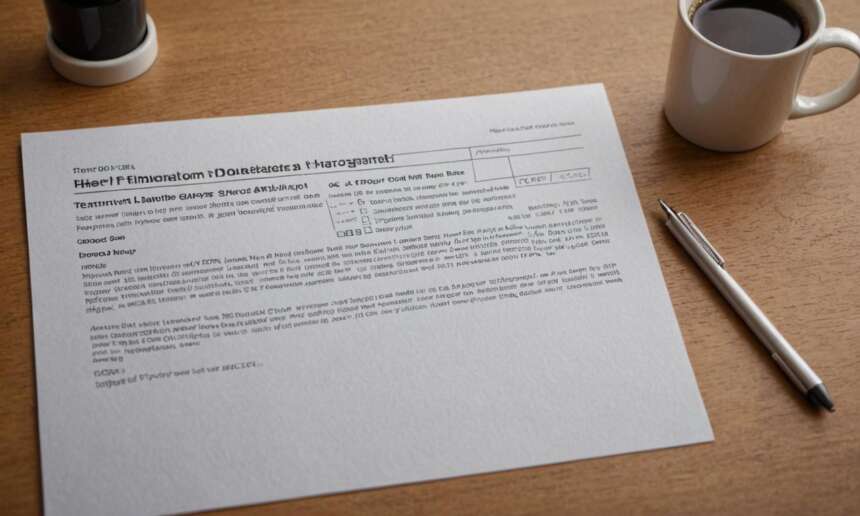When terminating an employee during their probationary period, it’s essential to handle the situation with sensitivity, professionalism, and clarity. This is a delicate matter that requires careful consideration and clear communication to ensure fairness and minimize potential legal risks.
Communicating the Decision
First and foremost, it’s crucial to communicate the decision to terminate the employee directly and respectfully. Schedule a private meeting with the employee to discuss the situation in person.
During the meeting, clearly explain the reasons for the termination, focusing on specific performance issues or behavioral concerns that led to the decision. Use language that is factual, objective, and free from personal judgment.
Expressing Empathy
While delivering the news, it’s important to express empathy and understanding for the employee’s situation. Losing a job can be a significant blow, especially during the probationary period when employees are still adjusting to the role and the company culture.
Let the employee know that you understand the impact this decision may have on them and offer support in terms of providing references, assistance with job search, or access to counseling services if available.
Clarifying Next Steps
After communicating the decision, clarify any next steps and logistical details related to the termination. This may include information about the employee’s final paycheck, benefits continuation, return of company property, and any relevant documentation they need to sign.
Ensure that the employee understands the timeline for their departure and any remaining obligations they may have, such as completing ongoing projects or transitioning their responsibilities to other team members.
Reiterating Company Policies
During the termination meeting, reiterate the company’s policies and procedures regarding probationary periods and employee terminations. Emphasize that the decision was made in accordance with these policies and was not taken lightly.
Encourage the employee to ask any questions they may have about the termination process or the reasons behind the decision. Provide honest and transparent answers to the best of your ability while respecting confidentiality and privacy concerns.
Concluding on a Positive Note
Finally, conclude the meeting on a positive note, if possible. Reaffirm the employee’s strengths and talents, and express your hope that they will find success in their future endeavors.
Thank the employee for their contributions during their time with the company and wish them well in their future career path. Maintaining a professional and respectful demeanor throughout the termination process is essential for preserving the company’s reputation and fostering goodwill.
Handling Emotional Reactions
Be prepared for emotional reactions from the employee, which can range from shock and disbelief to anger or sadness. Listen actively and empathetically to their concerns, allowing them to express their feelings without interruption.
Offering a compassionate and understanding presence can help the employee feel heard and respected, even in a difficult situation like termination.
Providing Resources
Offer information about resources available to support the employee during their transition, such as career counseling services, unemployment benefits, or professional development opportunities.
Providing access to these resources demonstrates the company’s commitment to the employee’s well-being beyond their tenure with the organization.
Documenting the Process
Document the termination meeting and any relevant discussions or agreements reached during the process. This documentation serves as a record of the event and can help mitigate potential disputes or legal challenges in the future.
Ensure that all documentation is handled with confidentiality and stored securely in accordance with company policies and legal requirements.
Frequently Asked Questions
Here are some common questions that may arise during the termination process:
| Question | Answer |
|---|---|
| What happens to my benefits? | Employees are typically eligible for benefits continuation for a certain period following termination. Details about benefits coverage and duration should be outlined in the company’s policies. |
| Can I appeal the decision? | Employees may inquire about the possibility of appealing the termination decision. Clarify the company’s policies regarding appeals and provide guidance on the appropriate channels for addressing concerns. |
| How will this impact my references? | Assure employees that the company will provide references based on their employment history and performance to the best of their ability. However, it’s important to be honest and factual in providing references. |




